Humor must not professedly teach and it must not professedly preach, but it must do both if it would live forever

Humor must not professedly teach and it must not professedly preach, but it must do both if it would live forever
Mark Twain, one of America's most beloved authors and humorists, understood the power of humor in both teaching and preaching. His witty and satirical writing style allowed him to convey important messages about society and human nature in a way that was both entertaining and thought-provoking. Twain's ability to blend humor with social commentary made his work timeless and ensured that it would continue to resonate with readers for generations to come.In his essay "How to Tell a Story," Twain famously wrote, "Humor must not professedly teach and it must not professedly preach, but it must do both if it would live forever." This statement encapsulates Twain's belief that humor should not be didactic or moralistic, but rather should subtly convey deeper truths about the world. By using humor to illuminate the absurdities and hypocrisies of society, Twain was able to challenge conventional wisdom and provoke his readers to think critically about the world around them.
One of Twain's most famous works, "The Adventures of Huckleberry Finn," is a prime example of how humor can be used to teach important lessons. Through the character of Huck Finn, Twain explores themes of racism, morality, and freedom in a way that is both humorous and poignant. By presenting these weighty topics in a lighthearted and humorous manner, Twain is able to engage his readers and encourage them to reflect on the deeper implications of his story.
Similarly, Twain's satirical essays and speeches often used humor to critique the social and political issues of his time. In works such as "The War Prayer" and "The Lowest Animal," Twain used biting wit and sarcasm to expose the hypocrisy and cruelty of war, imperialism, and human nature. By blending humor with social commentary, Twain was able to challenge his audience's assumptions and provoke them to reconsider their beliefs.
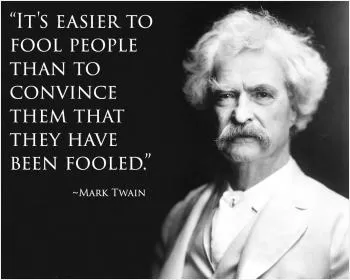
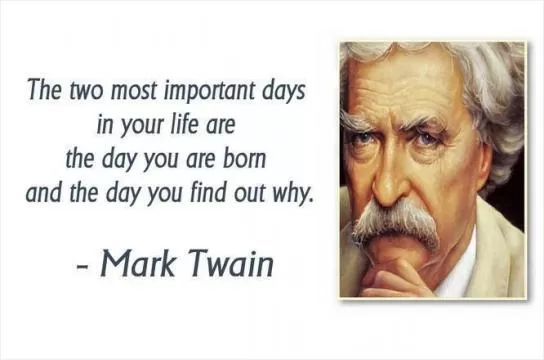
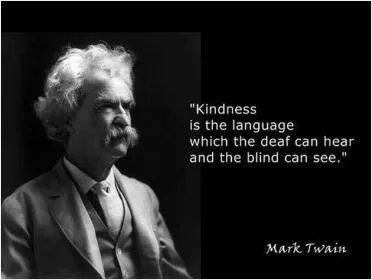
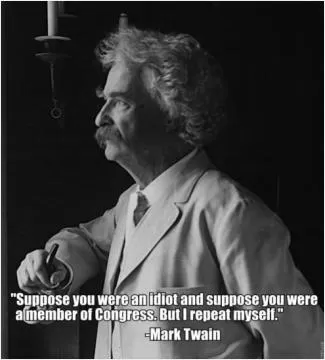

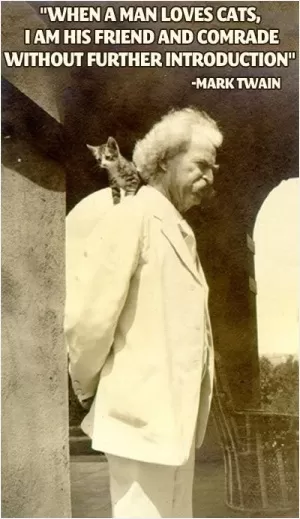

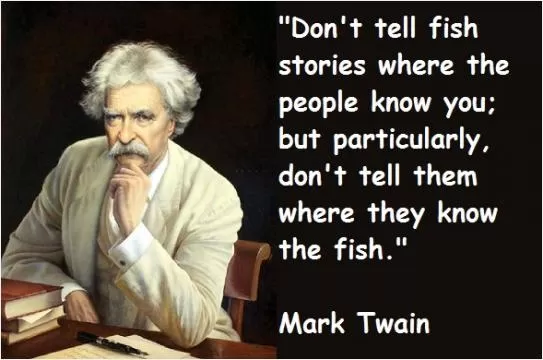
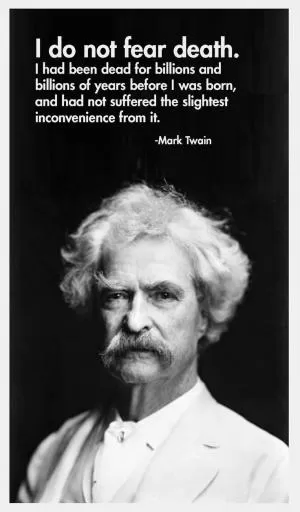



 Friendship Quotes
Friendship Quotes Love Quotes
Love Quotes Life Quotes
Life Quotes Funny Quotes
Funny Quotes Motivational Quotes
Motivational Quotes Inspirational Quotes
Inspirational Quotes